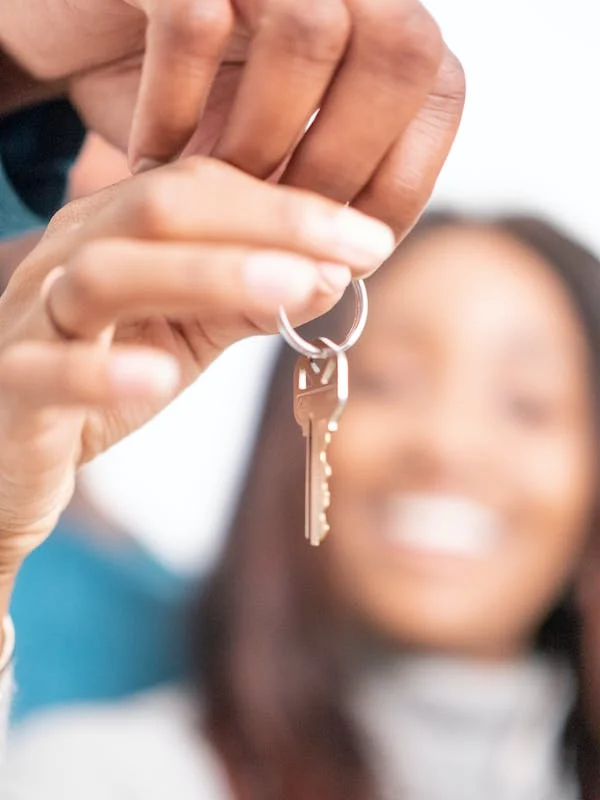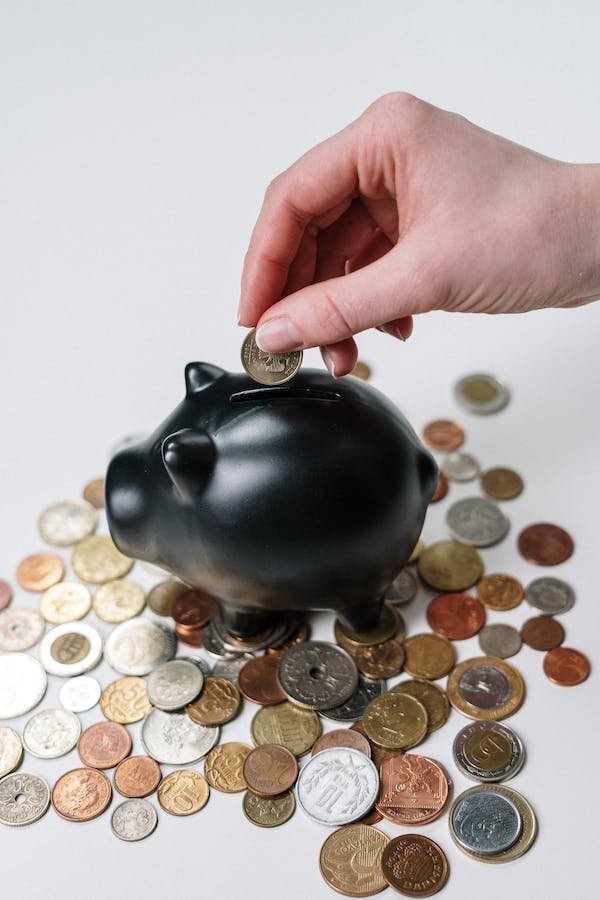How to Buy a Piece of Investment Property

Contents
Do Your Market Research
Do you want to buy a property to rent out or a fixer upper to renovate and flip? You need to research the real estate markets you’re thinking of buying in to make sure that you can actually make money on investment property in that market. If no one comes on vacation to the area in which you’re buying, you’re not going to do very well renting out a vacation property in that area. However, if it’s a university town, for example, you might do well renting out a property to students and other long-term tenants.
Save for a Down Payment
You’ll need to save up a larger down payment for an investment property than you need for a mortgage on a primary residence. Lenders are going to be looking for a down payment of 15 to 25 percent. Some lenders may require you to save up at least six months’ worth of mortgage payments, so you have a financial cushion in case you fall on hard times. You’ll also need cash reserves to maintain the property. Remember that you’ll also need to pay closing costs and inspection fees.
Decide If You Want to Rent or Flip
Do you want to buy a property to rent out to long- or short-term tenants, or do you want to buy a fixer-upper and flip it? If you want to buy a fixer-upper and flip it, you should ideally have the skills to do most of the work yourself, so you can save money. Make sure the market you’re buying in will allow you to recoup your renovation costs and make a profit on top. Buying and flipping a fixer-upper in a high cost of living area can be profitable, especially if you do the work yourself, but in a low cost of living area, it might not be worth it.
If you’re going to buy a property to rent out, don’t buy a fixer-upper. Of course, if you have the high-level contractor skills necessary to do extensive repairs, have at it. But most of the time, buying a fixer-upper is going to be more trouble – and expense – than it’s ultimately worth.
Talk to Lenders
Once you’ve saved up a down payment and have enough cash reserves for closing costs, inspection fees, and several months’ worth of expenses, you’re ready to talk to lenders. Make sure you let them know up front that you’re looking to buy an investment property. That way they won’t waste time offering you loan programs you don’t qualify for. You’ll need a credit score of at least 620, but you’ll get the best loan terms with a credit score of 740 or higher. Lenders will also look at your debt-to-income (DTI) ratio and may allow you to count part of your expected rental income toward your income for purposes of calculating your DTI.
Follow the One Percent Rule
How much should you rent your property out for? According to the one percent rule in real estate, you should rent it out for one percent of its purchase price. So, if you paid $250,000, you should rent the house out for $2,500. Of course, you might be able to ask for more than that in some areas, while in other areas, you’ll have to settle for a lower return on your investment.
Look into a Property Management Service
You can expect to spend about half of the money you earn from your investment property on upkeep and maintenance of the property. You can save a little money by doing this work yourself, but being someone’s landlord is a lot of work, and you may not be able to keep up with all the repairs and maintenance, even if you’re good with your hands. A property management service will take about 10 percent of the money you earn from your rental, and in return, they’ll handle finding and evicting tenants and performing repairs and maintenance.
Buying a piece of investment property isn’t quite the same as buying a property to live in, but it’s a great way to start building wealth for your future. Start saving for your first investment property now, and you’ll be on your way to financial independence before you know.

